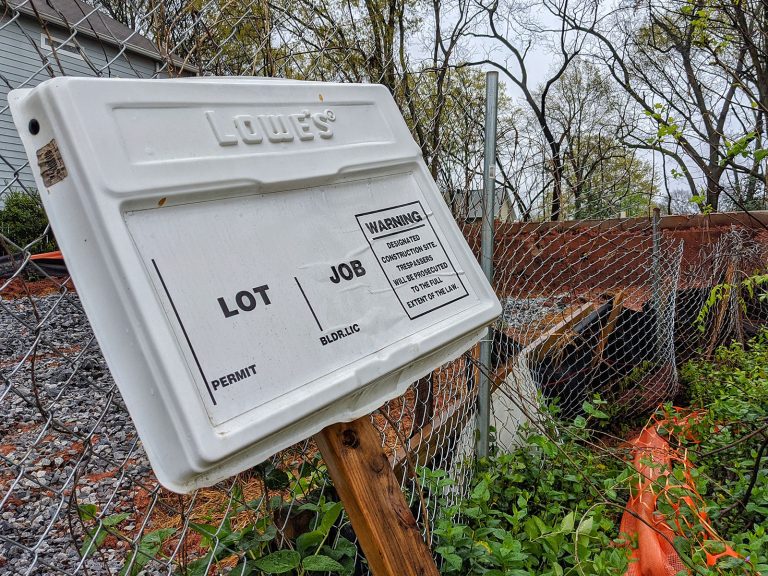As of 4:00 PM on March 23rd, 2020 in response to the ongoing COVID-19 pandemic Governor Brian Kemp of Georgia has issued an Executive Order Reducing Regulations to Assist the State’s Response to the Spread of COVID-19. As part of this order, and in recognition of the importance of development, the Governor has instructed that applicants seeking plan review or inspections are “[N]ot required to wait out the time frames required by Title 8, Chapter 2, Article 1, Part 2 – 26(g)(4) and have the option of retaining ‘private professional provider[s]’ immediately to provide the required plan review or inspections in accordance with the provisions of Code Section 8-2-26(g)(5).”
Previously, applicants needed to obtain a written determination from the government entity responsible for such review/inspection that it could not meet the deadlines set forth in Title 8, Chapter 2, Article 1, Part 2 in order to utilize a private professional instead. Governor Kemp’s Order removes this requirement. This means, moving forward, all permits and applications before local County and Municipal Governments can be reviewed by a qualified, private professional, registered with the State of Georgia under Chapter 15 of Title 43, or a licensed architect who holds a certificate of registration issued under Chapter 4 of Title 43.
An applicant must hire, at their own expense, a private professional to provide the required plan review or inspection in line with the documentation and standards of the government entity in charge of the permitting process. Under O.C.G.A § 8-2-26(g)(5), an applicant is responsible for remitting 50% of the regulatory fees required under the governing entity’s fee schedule in addition to the cost of hiring the private professional. After conducting the relevant review/inspection, the private professional must provide a report to the government entity stating their acceptance or denial of the application and their rationale. If the government entity’s building officer has concerns, they may issue a stop work order.
Despite the Executive Order, a certificate of occupancy still may only be obtained from a government entity and some buildings are exempt from the private professional review/inspection process. Exempt buildings include hospitals, high-rises, nursing homes, jails, or any building or structure that may impact national or state homeland security.
The Executive Order enables development to continue in the State of Georgia, not by cutting corners in safety or abridging the public interest, but by placing the citizenry of Georgia in a position to fill the hole as local governments take extraordinary steps to protect our health and safety. A number of regulations apply to the private professional reviewers and inspectors who may review/inspect projects, including but not limited to insurance coverage and proof of independence from financial entanglements with the subject project. Please be careful. We recommend applicants ensure that anyone representing themselves as a private professional reviewer or inspector provides proof of compliance with the regulations of Title 8, Chapter 2, Article 1, Part 2(g) prior to hiring them.


